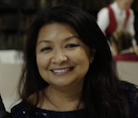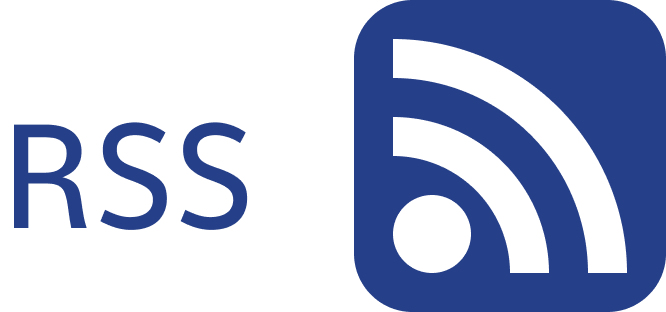![]()
Diana Suris, HR and Marketing specialist at Infotechtion who looks after corporate culture and happiness sat down for an interview with Taha Fanaswala.Taha, an international student from the US who is currently studying at the London School of Economics General Course Program majoring in economics with a minor in programming. Taha has been working on developing a solution the “document categorizer” that uses machine learning and natural language processing to identify personally identifiable information and categorize documents by department with an organization.
Infotechtion
As a start-up, Infotechtion passionately believes that there are amazing mutual benefits of starting an internship program and other graduate schemes. These schemes work so well – and benefit everyone involved – because both parties have something to bring to the table. Infotechtion has offices in the UK, Norway, US, Netherlands, and India.
Whether as an intern or as part of one of our other post-study schemes, graduates bring fresh ideas, perspectives and a wonderful injection of energy and enthusiasm. In return, we offer an exciting, cutting-edge start-up environment, challenges, training and – most importantly – real-world work experience with industry experts.
With this in mind, I sat down with Taha Fanaswala, who recently completed his 6-month internship at Infotechtion. She is curious to learn about his experience and how we can benefit and learn from his knowledge.
The Interview
Diana: Firstly, please tell us what was the highlight of your internship?
Taha: When I finally got to test the document categorizer in a client’s environment. It was really interesting to see how my program performed on real data, where the results are much more meaningful. It was also very useful for gathering feedback to improve the categorizer’s performance.
Diana: Did you feel that you had enough experience when you started working – and have you received enough training and support during your time with us?
Taha: Initially, I felt that I didn’t have much useful experience, mainly because I was working on the PII extractor, and I had no prior knowledge of what PII meant, nor any related tools like regular expressions. Furthermore, I didn’t understand what the final output was supposed to look like. As I worked more with Rakesh Jain and Shriram Tyagrajan, I learned more about what the goal was, which was extremely helpful. Also, as I started to work more on the document categorizer, they were very helpful in helping me understand where my work would fit into their process.
Diana: That’s great to hear – and what were the main insights you have gained and learned within the company, and how do you plan to apply them in the future?
Taha: I learned a lot about the software development process, and what the information governance sector is about. For me, I think that having a better understanding of how software developers work will be particularly important since I like working in the tech sector.
Diana: Do you have received recognition for the piece of work that you have done for the client, and what do you feel about that?
Taha: It felt great to know that my work will be used in real-world applications and that it will be improved upon. I felt there was a lot more work left to be done, especially the document categorizer, so it feels nice to know that the foundation I built will be instrumental in helping Infotechtion deliver better results.
Diana: You had the opportunity to work at different departments at Infotechtion, to broaden your experience on how the company works – how is it at working across the different departments?
Taha: I would say it was seamless working across the different departments and offices. Everyone had flexible schedules, so that made it very easy to reach out to other people.
Diana: Have you previously worked at any start-ups? What would your recommendations be to improve our internship program and how?
Taha: I haven’t worked in a start-up before. My main recommendation to improve the internship program would be to make it clearer what the final product/output should look like. I feel a lack of clarity at the start of my internship made the first few weeks go by rather slowly.
Diana Thanks for that important feedback. How would you rate your internship on a scale from 1 to 10?
Taha: I would rate the internship a 9 out of 10. Aside from the first two weeks, where there was some confusion as to what I would be working towards, I felt that Infotechtion gave great guidance as to what I should work on, and I learned a lot from Alex Vaughan, Sam Davami, Vivek Bhatt, and others about a field that I never really heard about. Rakesh and Sriram gave a lot of great advice as seasoned developers as well.
Diana: Finally, would you recommend your internship to a friend (why or why not)?
Taha: ? I would recommend it to my friends who are already studying software or have a pre-existing interest in technology. I feel like that’s the necessary background to succeed here.

Infotechtion understands the importance of investing in, focussing on, and nurturing graduate talents. We have internship openings throughout the year across all our offices, as well as other graduate schemes. We are always on the lookout to offer talented students who are interested in Information Management the opportunity to work with industry experts.
Roles within the company
Diana Suris – HR and Marketing specialist
Rakesh Jain – M365 and Azure technical consultant
Alex Vaughan – Project Manager
Vivek Bhatt – Chief Technology Officer



